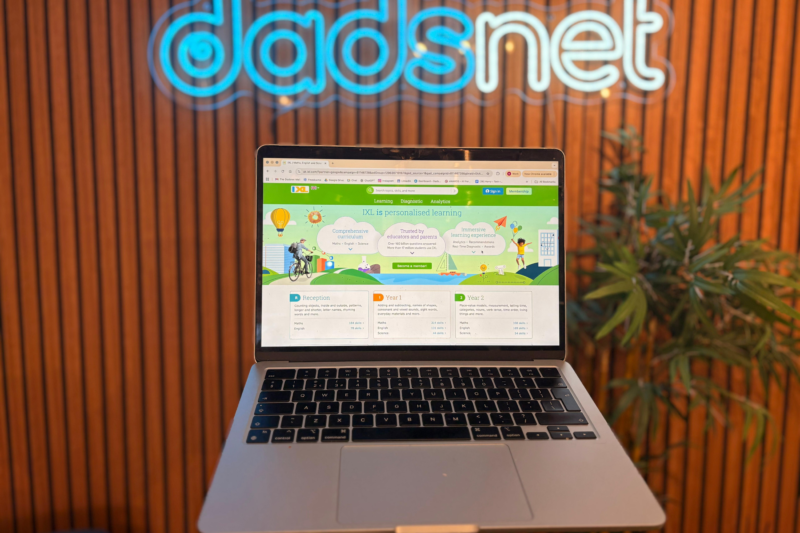Teachers tasked with ensuring students do not fall too far behind as a result of the pandemic have been warned they may need to “substantially” modify the curriculum.
Schools have been urged to focus on core skills that will give children under 14 the tools to progress into new topics in fresh non-statutory guidance from the Department for Education (DfE).
The new guidance states schools should “prioritise missed content that will allow pupils to make sense of later work in the curriculum” by honing young children’s key knowledge, skills and vocabulary.
First reported in the Daily Mail, the advice is aimed at helping schools “decide how to prioritise elements within their curriculum for education recovery”, the DfE said.
It suggests Key Stage 1 children – those aged five to seven – should be taught how to use scissors and the correct grip for art tools to develop their fine motor skills.
“Pupils’ skills in manipulating tools and equipment to create work and use their imagination are essential for exploring materials and techniques later in the curriculum,” it states.
Elsewhere, early years teachers are urged to make daily story time a priority and help children thrive by choosing books to read aloud “that will engage them emotionally”.
Story time, alongside personal reading and the teaching of phonics, is also useful to introduce children to vocabulary that they may not encounter otherwise, the guidance states.
In maths, school leaders were told they could best support education recovery by focusing on the core, basic skills to ensure children are “fluent and confident in the facts and methods that they most frequently need in order to be successful with further study”.
It adds: “The sequence of teaching mathematical content is also very important: gaps need to be filled before new content is taught.”
The guidance acknowledges that in some subjects, such as history, geography and religious education, a lack of knowledge on one topic will not impede students’ ability to learn about another area.
The DfE also advised teachers to be on the lookout for students struggling to use digital devices.
It stated that it was important all students could use devices “confidently and competently” so they can focus on complex tasks without having to learn how to use the device itself before getting started.









